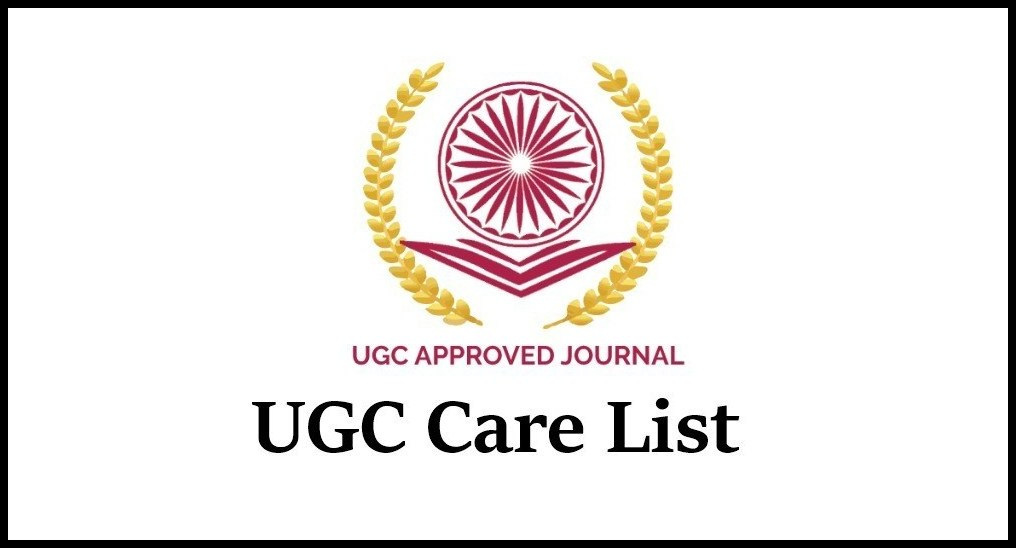
As my sister has entered her PhD 3rd year, she is often asked, ‘how many research papers have you published till now?’ This question comes from people associated in different capacities within the academia – teachers, students, administrative personnel. There is an expectation to write and publish scientific papers as soon as one enters a research programme in India. In this blog piece, I will be referring mostly to social science research programmes and academia at large.
The pressure to publish has increased manifold after the University Grants Commission (UGC) – the statutory organization of the Government of India which is responsible for the determination and maintenance of standards of teaching, examination and research in university education – issued new guidelines in 2016.
The Academic Performance Indicator (API) became a determinant of who would get a teaching job in a college or university. The API awards a potential candidate marks on the basis of parameters like educational qualifications, teaching experience and research activities. Within the research component, one can mention the number of papers published in peer-reviewed or refereed journals and they would be accordingly awarded points.
It is this clamour for points that creates the pressure to publish. However, while the pressure to publish is paramount, there is little to no information on where and how to publish. Most ‘reputed’ and ‘prestigious’ journals in the social sciences are based in the west and the publication process is extremely competitive and time-consuming. Such is also the case with the few reputed journals published in India. It is also crucial to mention here that most universities require a researcher to publish at least one paper from their PhD work before submitting their thesis. As such, researchers turn to paid journals where they have to pay a fee to get their papers published. The process often does not include peer review and/or editing.
In 2018, the UGC set up the Consortium for Academic and Research Ethics (CARE) which would ensure ‘quality research publications from Indian academics’. The UGC-CARE body was entrusted with the responsibility of preparing a list of ‘UGC-CARE Reference List of Quality Journals’ which would include journals from all disciplines indexed in globally accepted databases, such as Scopus or Web of Science. The public availability of such a list, it was argued, would make it easier for scholars to know which journal to approach to publish their work.
However, there have been several unintended consequences of this decision that need to be highlighted here. Firstly, the provision that one needs to publish in the UGC-CARE listed journals meant that existing peer-reviewed and refereed journals were put under immediate pressure to make themselves part of the list. Although the UGC had listed certain protocols or selection criteria for journals, they were not transparent and it was possible for journals to manoeuvre around them. Hence, many journals that did not meet the criteria of ‘global academic standard’ are part of the UGC-CARE list.
Secondly, there was an increasing clamour to publish in UGC-CARE listed journals amongst scholars which led to several corrupt practices. One of them is the rise of cloned journals, which are duplicate versions of UGC-CARE listed ones. These cloned journals are eerily similar in names to the original ones, as there exist only minute variations. For instance, if a UGC-CARE listed journal is called ‘Journal of Social Sciences’, the cloned journal might call itself ‘Journal of the Social Sciences’. If one is not extra cautious, it would be difficult to notice the difference in nomenclature. These cloned journals claim that the papers will be published quickly and asks for a ‘nominal’ publication fee. Most of these cloned journals have no peer-review process. It is only after the paper is published, that one might find out that they have been duped.
This also happens because researchers in India do not have the necessary information to deal with the publication process. There is no course or programme (even in the best of universities and institutes) that provides any information on these matters. As such, one either relies on peer network and/or social capital for such knowledge. Thus, while there is a lot of pressure to publish, there is no guidance for it. Thus, researchers end up publishing in ‘shady’ and ‘non-reputable’ journals.
This means that their scholarship is not taken seriously. However, apart from that, there are also other consequences that reflect the unequal power dynamics between the global north and the global south. Many PhD and post-doc applications from countries like India are rejected on the grounds that the applicants have published in cloned and non-reputed journals. While it is a serious issue, there is a complete erasure of the power imbalance that universities in the West exercise. They are in denial of the specific contexts in which the process of publication operates.
For instance, several distinguished journals, particularly in the social sciences, reject pieces written by authors from the global south on the grounds of being ‘regional specific’. Such papers are not seen as contributing to theory building. Others are rejected on the grounds of language and grammar. Hence, most are left with no choice but to publish in journals that give them the chance either by charging a nominal fee (that they can afford) or in not so prestigious ones.
Thus, instead of judging authors for publishing in ‘mediocre journals’, one must instead ask why this is happening. It is a structural issue that requires institutional solutions. The entire process also reflects the hold and power that the global north still exercises as it is seen as the hub of ‘reputed’ journals.
The pressure to publish or perish is very much real.
The article has precisely illustrated the publication dilemma faced by Indian social science researcher.
So true
I agree with the argument put forth by this article.
[…] Patgiri, Rituparna. 2022. The Pressure to Publish in Social Sciences in India: Issues of Access and Information. Doing Sociology. https://doingsociology.org/2022/07/19/the-pressure-to-publish-in-social-sciences-in-india-issues-of-… […]